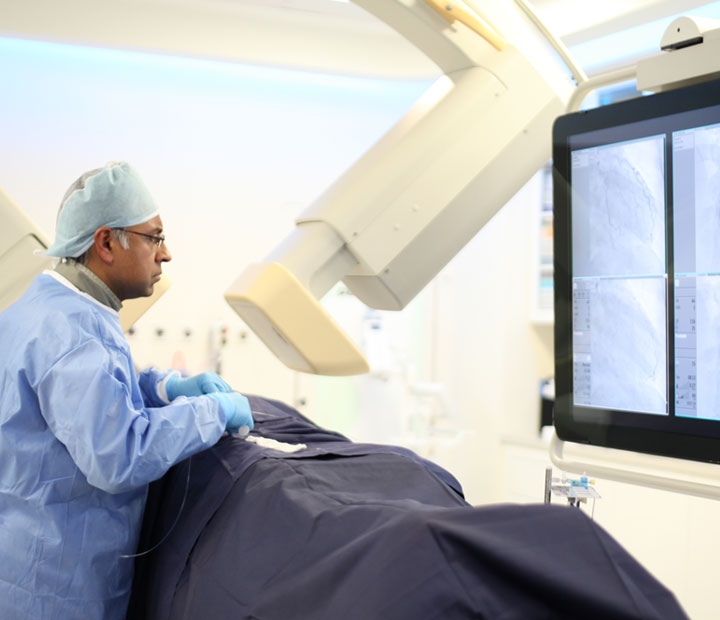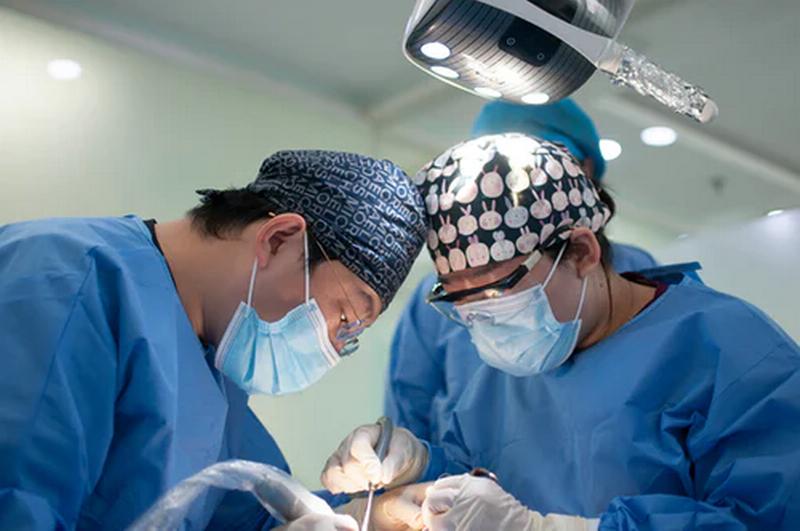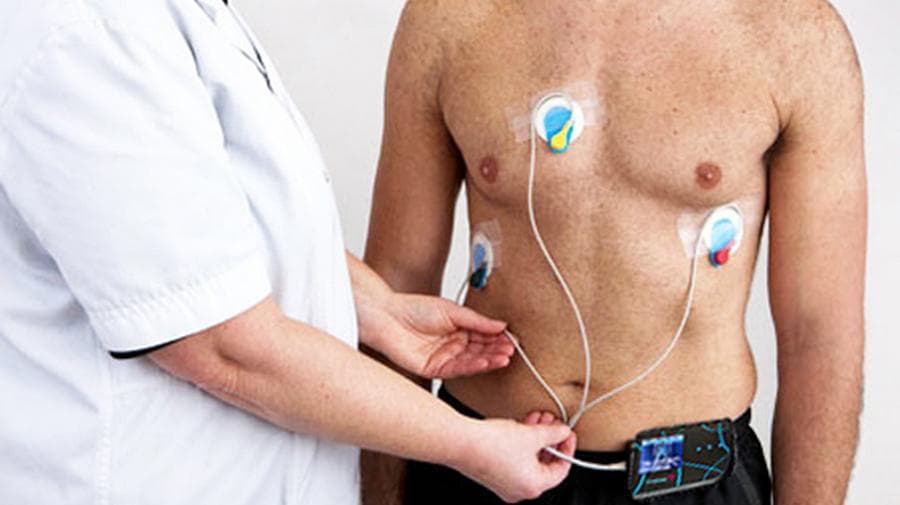THORACIC SURGERY

Some patients may require surgical procedures to structure within their thorax (the cavity between the neck and diaphragm) other than their heart. These include operations on the lungs, lung lining (pleura), mediastinal lymph nodes, oesophagus, trachea and chest wall. Thoracic surgery may involve an open surgical operation or video-assisted thoracic surgery (VATS). VATS is a minimally invasive surgical technique that uses a thoracic endoscope to view the chest cavity on a video monitor after the lung has been collapsed using special surgical instruments inserted through 3-4 small skin incisions.

Frequently Asked Questions
While information online about Thoracic Surgery may be useful and informative, it is best to always consult a medical professional for accurate diagnosis and appropriate treatment. Here are some frequently asked questions:
What conditions are treated with thoracic surgery?
Thoracic surgery addresses diseases affecting organs within the chest cavity, including the lungs, oesophagus, trachea, and chest wall. Common conditions treated include lung cancer, oesophagal cancer, emphysema, and chest wall tumours. Surgeons may also manage benign conditions such as gastroesophageal reflux disease (GERD) and tracheal obstructions. These procedures aim to alleviate symptoms and improve overall thoracic health.
What are the types of thoracic surgery procedures?
Thoracic surgery encompasses various procedures, including lobectomy (removal of a lung lobe), pneumonectomy (removal of an entire lung), and esophagectomy (removal of part or all of the oesophagus). Minimally invasive techniques like video-assisted thoracoscopic surgery (VATS) and robotic-assisted surgery are also employed, offering benefits such as reduced recovery time and minimised scarring.
What is the recovery process after thoracic surgery?
Recovery from thoracic surgery varies based on the procedure's complexity and the patient's overall health. Generally, hospital stays range from 3 to 10 days, with full recovery taking several weeks to months. Postoperative care includes pain management, respiratory exercises, and gradual resumption of physical activities to restore strength and lung function.
What are the risks associated with thoracic surgery?
While thoracic surgery can be life-saving, it carries potential risks such as infection, bleeding, and complications related to anaesthesia. Specific risks include pneumonia, arrhythmias, and lung collapse. Preoperative evaluations and postoperative monitoring are essential to mitigate these risks and ensure patient safety throughout the surgical journey.
What is video-assisted thoracoscopic surgery (VATS)?
Video-assisted thoracoscopic surgery (VATS) is a minimally invasive technique for diagnosing and treating conditions within the chest cavity. It involves small incisions through which a thoracoscope and surgical instruments are inserted, allowing surgeons to operate with enhanced precision and reduced trauma compared to traditional open surgery.
When is thoracic surgery recommended?
Thoracic surgery is recommended for patients with conditions that do not respond to conservative treatments, such as certain cancers, severe emphysema, or structural abnormalities of the chest. The decision to proceed with surgery is based on comprehensive evaluations, including imaging studies and pulmonary function tests, to determine the most appropriate intervention.


